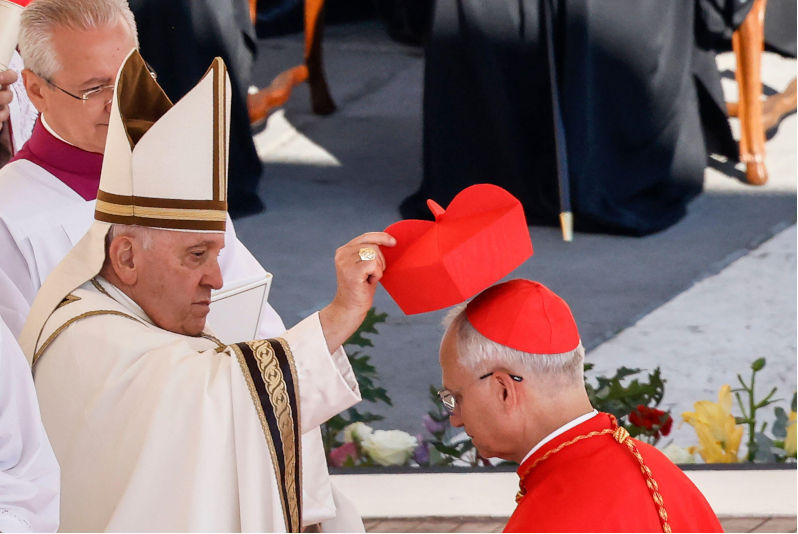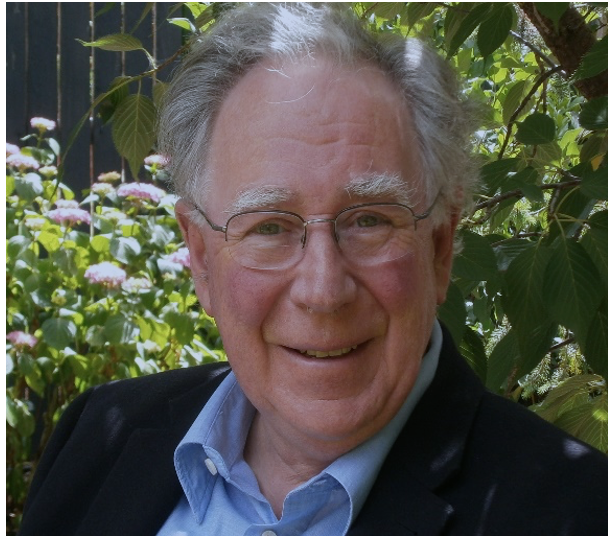The New Pope – Leo XIV
May 11, 2025
I thought it might be third time lucky, but I was wrong again. I backed the wrong horse as pope!
When I awoke on Friday morning to learn that Robert Prevost, a dual US-Peruvian citizen had been elected, I was gobsmacked. But, on reflection, what a shrewd choice the cardinals have made. He is only the second natural-born English speaker elected pope. The first was Nicholas Breakspear, Pope Adrian IV (1154-1159).
Born on the south side of Chicago in September 1955, Prevost’s father was of Italian/French descent and his mother from Creole ancestry. After gaining a bachelor of science degree, he joined the Augustinian Friars in 1977 and was ordained a priest in 1982. He was sent to Peru in 1985 and 16 years later he was elected Superior General of the Augustinians in 2001 serving in that role for 12 years. In 2015, he was appointed Bishop of Chiclayo in northern Peru.
Francis brought him back to the Vatican in 2023 as Prefect of the Dicastery of Bishops (the Vatican department that appoints bishops), replacing French-Canadian Cardinal Marc Ouellet. Prevost was also the President of the Pontifical Commission for Latin America.

Elected on 8 May, he took the name Leo XIV. The last Leo died in 1903 after a long and significant papacy. Leo XIII was a champion of the rights of workers in the capitalist system. His most famous encyclical letter, Rerum Novarum (1891) upheld private property, but also insisted on just wages, workers rights and trade unions. Leo XIII was very much a pope who looked outward beyond the church.
This, I think, will also be the approach of Leo XIV. As Rob Harris says in the Age and the SMH (9 May), he is “regarded as a unifying figure. His international experience and quiet diplomacy allowed him to navigate the ideological and regional divides among the cardinals. His election may mark a stylistic shift from Francis’s more outspoken leadership, but not necessarily a reversal of his reforms”. That’s correct!
He comes with extraordinary pastoral experience and a considerable background in church administration. Being head of an international religious order for 12 years means he knows at the base level the real issues facing the Church.
Incidentally, the Augustinians have been in Australia since 1838, and are now centred on Sydney’s North Shore at Brookvale, at Coorparoo in Brisbane and with parishes in Balgowlah and St Clair in NSW, South Yarra, Victoria and Mareeba in Queensland.
Pope Leo XIV is also strong on the need for local churches and bishops’ conferences to talk to each other and the understand the cultural differences with which each are dealing. This, to an extent, explains his attitude to LGBTQ+ issues.
Commenting on Pope Francis’ allowance for blessing for gay couples and the African bishops’ strong condemnation of such blessings, the then Cardinal Prevost said: “The bishops in the episcopal conferences of Africa were basically saying, that here in Africa, our whole cultural reality is very different… it wasn’t rejecting the teaching authority of Rome, it was saying that our cultural situation is such that the application of this document is just not going to work.”
My greatest surprise was that a US-born cardinal was elected. Sure, he is a dual citizen of the US and Peru, but he is still Chicago-born. Perhaps the cardinals thought you need an American to deal with Donald Trump. Francis had already brought a strong bishop into Washington in the person of Cardinal Robert McElroy, a leader in the non-MAGA part of the US Catholic Church, someone who will not tolerate Trump’s narcissism. Significantly, the first Pope Leo (440-461), correctly entitled “the Great”, was the western European leader who personally confronted Attila the Hun at Mantua in 452.
A number of American Catholic commentators have said that it will be interesting to see how the US church reacts to Pope Leo. It is a deeply divided church with a Bishops Conference that could be a branch of the Republican party and estimates of 60% of Catholics voting for Trump. One of Prevost’s first tough jobs in the Bishops Dicastery was sacking Tyler, Texas Bishop Joseph Strickland, an extreme MAGA supporter and an outspoken critic of Pope Francis accusing him of “undermining” the faith.
So, what can we expect from Leo XIV? Essentially, a continuation of the Pope Francis agenda, but in a more considered way. He won’t speak “off the cuff” like Francis and will be somewhat more cautious, but he shares Francis’ vision of an open church, involved in the nitty-gritty of the world and people’s lives.
He is clearly deeply committed to world peace. In his first speech from the balcony of Saint Peter’s, he said: “To all people wherever you may be, to all nations, to the whole earth: peace be with you. This is the peace of the Risen Christ: a disarmed peace, a disarming peace, humble and persevering, it comes from God, God who loves us all unconditionally.”
He will also continue the process of opening up Church governance to the whole Catholic community and introducing a genuine form of accountability. He’s actually called a press conference for next Monday (12 May)! The fact that he is a born English speaker means he will communicate in ways that make sense to us. Now that’s good news!


